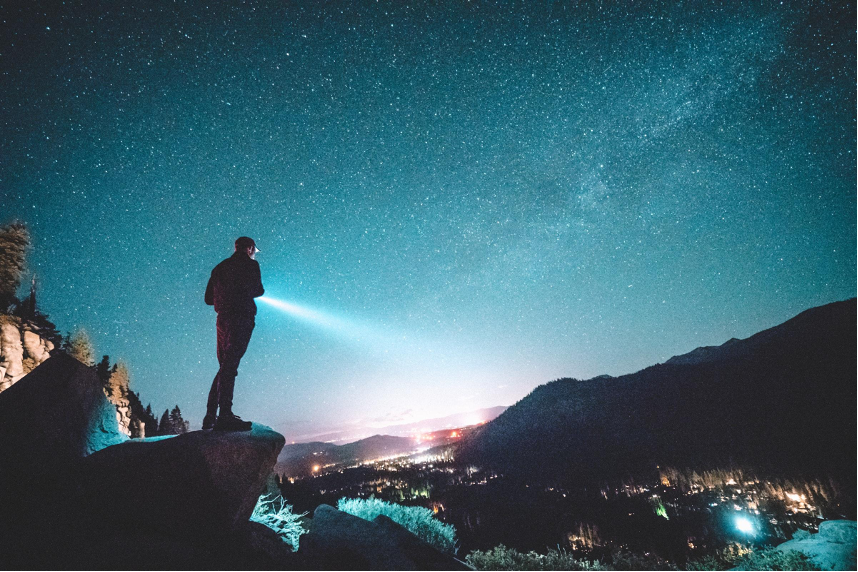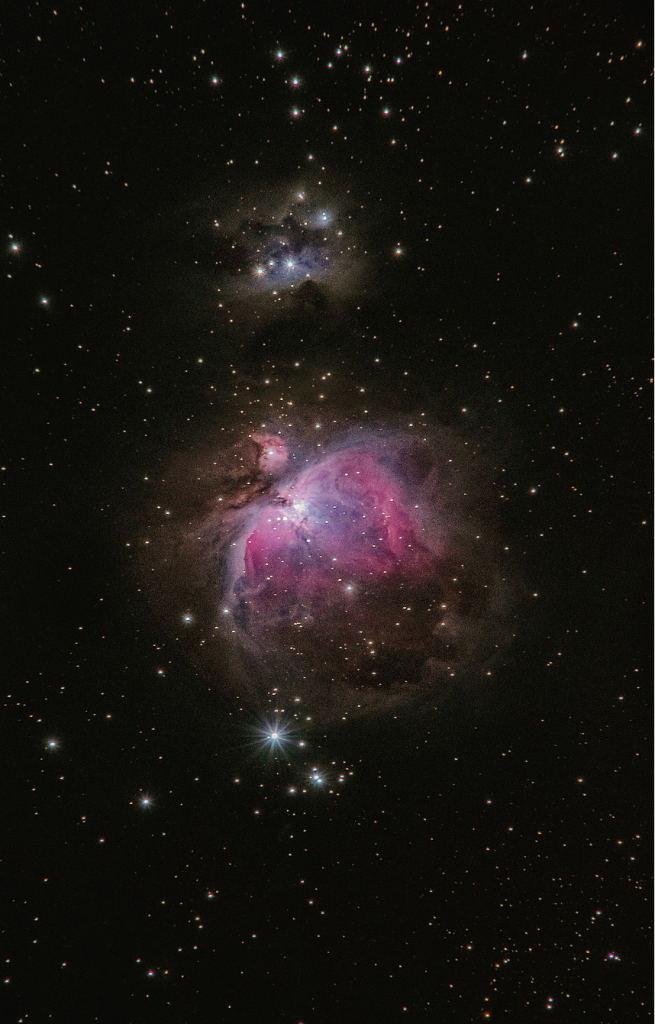Astrophotography sounds like a mouthful with a little bit of geek to it. Well, it is not half as stoic as it sounds, and no, you don’t have to be a cosmologist to be an Astrophotographer. All you need is a keen interest in the night sky, a decent camera, a tripod, and lots of patience. One more thing! Fur coat. Lots of fur coats for all the cold nights you’d spend outside.

Before you embark on sleepless nights watching the night sky from behind a lens, let’s first understand what Astrophotography is and how it works.
What Is Astrophotography?
Google’s English Dictionary defines Astrophotography as the use of photography in astronomy. It’s a rather vague and incomplete definition. While photographic techniques are essential to astronomical imaging, Astrophotography isn’t solely for astronomy.
Astrophotography is like a piece of poetry out of the writer’s control. It’s the art of capturing celestial events, which you might not understand but are still wowed by.
For beginners, Astrophotography might seem much slower than other photography niches besides wildlife photography. That’s normal. The night sky is sometimes less enigmatic than it is in the movies. On most nights, you might have to wait for that beautiful piece of a constellation to show up.
Along with the patience needed for Astrophotography, here is a brief list of the most crucial things you’d need to get started as an Astro photographer..

Astrophotography Cameras
Astrophotographers can’t use just any camera. They need Mirrorless or DSLR cameras to take a professional shoot.
Digital single-lens reflex cameras (DSLR) use the conventional analog camera tech, which imitates the human eye when processing light, while mirrorless cameras take a more digital approach.
Both cameras are great for Astrophotography. Still, the DSLR cameras might be the perfect beginner’s tool if you’re not looking to achieve speed during a shoot.
Telescopes
Do you want to take deep astrophotography photos? If yes, you’d need a telescope. Telescopes are magnifiers best used for stargazing and exceptionally great for hunting celestial events. Having a telescope that can be easily attached to a camera is crucial. Here’s a list of decent telescopes under $500.
Zoom Lenses
Zoom lenses are the magic of detailed photography. These gadgets allow astrophotographers to look deep into the soul of heavenly bodies to find that detail concealed within the focal lengths of wide-angle and telephoto.
Image Hosting Sites
An image hosting site is an essential tool for all photographers. Even better is an image hosting site serving as a storage space, gallery, and portfolio you can showcase on a whim. ImageCoast is that hosting site every photographer should have, and here’s why.
